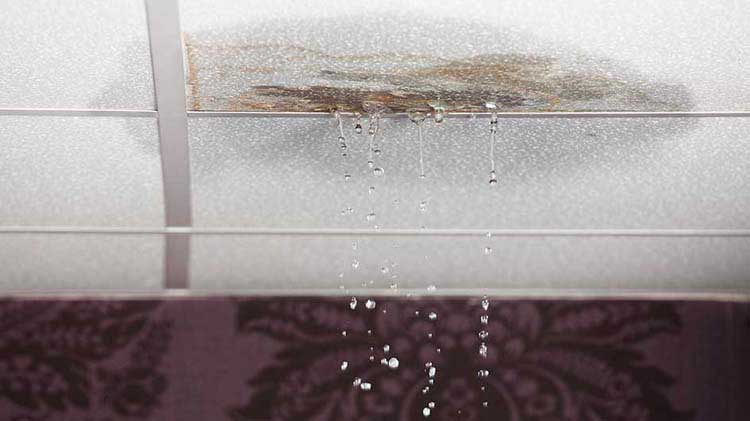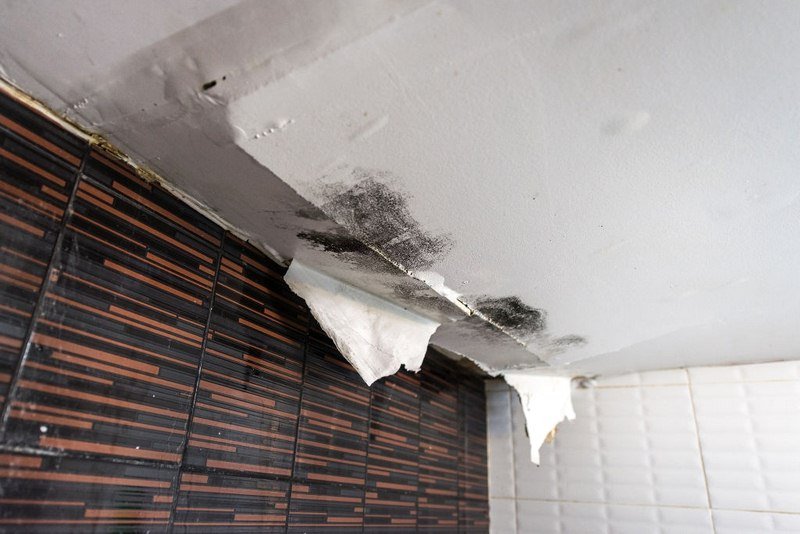Understanding the Top Reasons for Water Leaks in The Home
Understanding the Top Reasons for Water Leaks in The Home
Blog Article
How do you really feel in relation to Most Common Causes of Leaky Pipes?

Leaks not just cause waste of water yet can also create unneeded damages to your house and advertise unwanted natural development. Water leakages might go undetected because many of the pipework in our house is concealed. By looking as well as recognizing for everyday scenarios that cause leaks, you can shield your house from future leaks and also unneeded damage. Today, we will check out six leakage causes that may be triggering your pipelines to trickle.
Elbowing in origins
A lot of water leaks start outside your house as opposed to inside it. If you observe a sudden decline in water stress, say in your faucet, take some time to go out and also examine your yard. You may discover damp patches or sinkholes in your backyard, and that could imply that tree origins are getting into water lines causing water to seep out. You can have your plumber look for breach, especially if you have trees or shrubs near your residential or commercial property.
Rusty water systems
As time goes by, your plumbing system ages and corrosion such as rust might start gnawing the pipes. This may be the root cause of discoloration or warping on your water pipes. This requires an assessment with your plumber promptly. Consider changing the pipelines since they are at a higher danger of corrosion than the newer versions if our plumbing system is old.
Malfunctioning Pipe Joints
The point at which your pipes connect is regularly the weakest link in the waterline. Pipe joints can degrade with time, causing water leakages. The bulk of pipe joints are not quickly noticeable. If you have noisy pipelines that make ticking or banging noises, specifically when the warm water is turned on, your pipe joints are most likely under a lot of stress. It is suggested to have your plumber check your system annually.
Instantaneous temperature level modifications.
Severe temperature level changes in our pipes can cause them to expand as well as get all of a sudden. This expansion and contraction may cause fractures in the pipes, particularly if the temperature are below freezing.
Poor Water Connectors
At times, a leak can be triggered by loose pipes and pipelines that provide your home appliances. In instance of a water connections leakage, you might discover water running straight from the supply line or pools around your home appliances.
Obstructed Drains
Clogged drains may be bothersome and also inconveniencing, but they can in some cases end up triggering an overflow bring about burst pipelines. Maintain getting rid of any materials that might drop your drains pipes that can obstruct them to stay clear of such aggravations.
All the above are causes of leakages but not all water leakages arise from plumbing leakages; some leakages may come from roof leaks. All leakages need to be fixed promptly to prevent water damage.
Leakages not just cause waste of water but can likewise trigger unnecessary damages to your house and advertise undesirable organic development. By looking and also understanding for day-to-day circumstances that create leaks, you can shield your house from future leakages and unneeded damage. Today, we will look at 6 leak triggers that might be triggering your pipelines to trickle.
At times, a leak can be triggered by loosened hoses as well as pipelines that provide your appliances. In situation of a water links leakage, you might notice water running directly from the supply line or puddles around your home appliances.
How To Check For Water Leak In Your Home
How To Check for Leaks
The average household's leaks can account for nearly 10,000 gallons of water wasted every year and ten percent of homes have leaks that waste 90 gallons or more per day. Common types of leaks found in the home are worn toilet flappers, dripping faucets, and other leaking valves. These types of leaks are often easy to fix, requiring only a few tools and hardware that can pay for themselves in water savings. Fixing easily corrected household water leaks can save homeowners about 10 percent on their water bills.
To check for leaks in your home, you first need to determine whether you're wasting water and then identify the source of the leak. Here are some tips for finding leaks:
Take a look at your water usage during a colder month, such as January or February. If a family of four exceeds 12,000 gallons per month, there are serious leaks.
Check your water meter before and after a two-hour period when no water is being used. If the meter changes at all, you probably have a leak.
Identify toilet leaks by placing a drop of food coloring in the toilet tank. If any color shows up in the bowl after 10 minutes, you have a leak. (Be sure to flush immediately after the experiment to avoid staining the tank.)
Examine faucet gaskets and pipe fittings for any water on the outside of the pipe to check for surface leaks.
Undetected water leaks can happen without the home or business owner even realizing. If you suspect a water leak, but not able to find the source. It is time to contact a professional water leak detection service, The Leak Doctor.
How To Find a Water Leak In Your Home
https://www.leakdoctor.com/blog/How-To-Check-For-Water-Leak-In-Your-Home_AE197.html

I was made aware of that article on How to Find Water Leaks from a friend on a different web blog. Loved our content? Please share it. Help another person find it. We recognize the value of reading our article about How to Find Water Leaks.
Problem? Dial now! Report this page